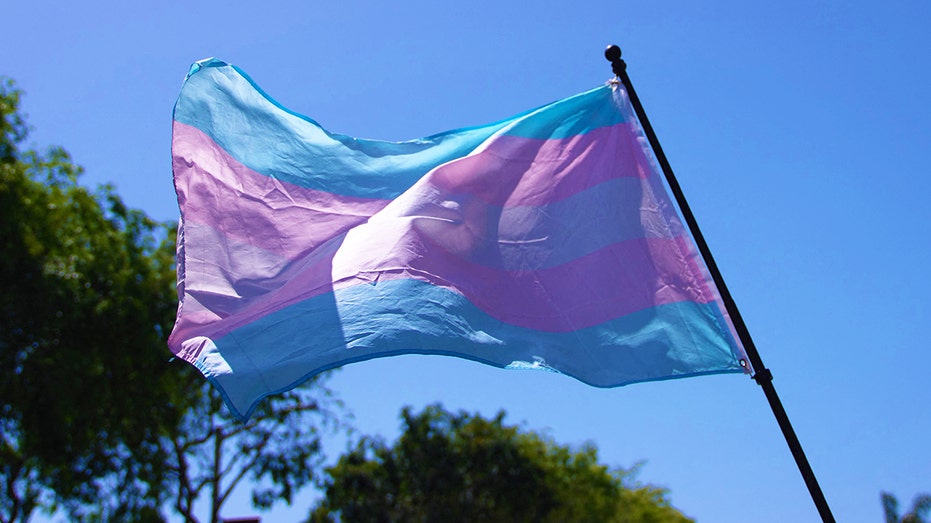A federal appeals court has upheld an Arkansas law that prohibits doctors from providing gender transition medical treatments to minors. On October 3, 2023, the 8th U.S. Circuit Court of Appeals ruled by an 8-2 margin, reversing a lower court’s decision that previously blocked this groundbreaking legislation. This ruling allows the state to enforce the law, which has made Arkansas the first U.S. state to impose such a ban.
The appeals court referenced a decision from the U.S. Supreme Court in June 2023, which upheld a similar law in Tennessee. The Supreme Court ruled that the Tennessee ban was constitutional and did not discriminate against transgender individuals. Echoing this reasoning, the appeals court agreed with Arkansas Attorney General Tim Griffin, who argued that the law does not infringe upon the equal protection rights of transgender minors under the U.S. Constitution. Griffin expressed his satisfaction with the ruling, stating, “I applaud the court’s decision and am pleased that children in Arkansas will be protected from experimental procedures.”
Arkansas Governor Sarah Huckabee Sanders celebrated the decision on social media, declaring it a “win for common sense—and for our kids.” The legislation, known as the Save Adolescents From Experimentation (SAFE) Act, was passed by a Republican-led legislature in 2021, overriding a veto from then-Governor Asa Hutchinson.
The law prohibits various gender-affirming treatments, including puberty blockers, hormones, and surgical procedures for minors. In response to the law, four families of transgender children and two doctors filed a lawsuit, contending that the SAFE Act violated parents’ due process rights under the Fourteenth Amendment.
In the majority opinion, U.S. Circuit Judge Duane Benton stated that parents do not possess a constitutional right to pursue medical treatments for their children that have been banned by the state. Judge Benton noted that the previous lower court ruling by U.S. District Judge Jay Moody—which deemed the law discriminatory and harmful to transgender minors—was incompatible with the Supreme Court’s decision regarding the Tennessee law.
In dissent, U.S. Circuit Judge Jane Kelly criticized the majority opinion, pointing out a “startling lack of evidence” linking the Arkansas ban on gender-affirming care to its stated goal of child protection. The American Civil Liberties Union (ACLU) and the ACLU of Arkansas represented the plaintiffs in this case.
Holly Dickson, executive director of the ACLU of Arkansas, expressed her disappointment in the court’s ruling. She stated, “This is a tragically unjust result for transgender Arkansans, their doctors, and their families. The state had every opportunity and failed at every turn to prove that this law helps children; in fact, this is a dangerous law that harms children.” Dickson emphasized the law’s profound impact on families, asserting that they deserve the fundamental right to act in the best interests of their children.
The October ruling follows a recent decision by the 10th U.S. Circuit Court of Appeals, which upheld a similar ban in Oklahoma, further solidifying the legal landscape surrounding gender transition care for minors in the United States.
As the legal battles continue, many advocates for transgender rights remain focused on securing access to necessary healthcare for minors, while supporters of the bans argue for the importance of protecting children from what they view as experimental procedures. The debate surrounding these laws is likely to persist as more states consider similar legislation.








































































